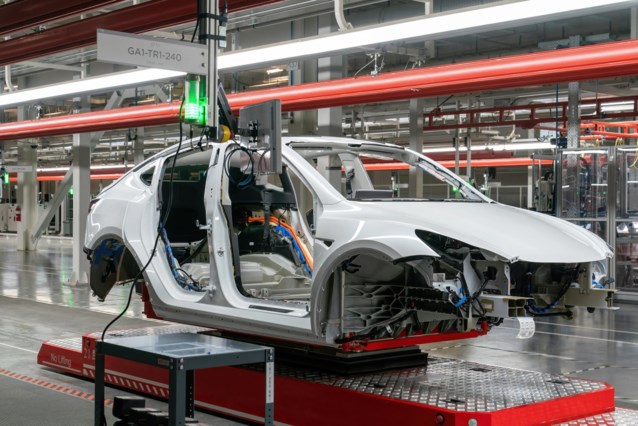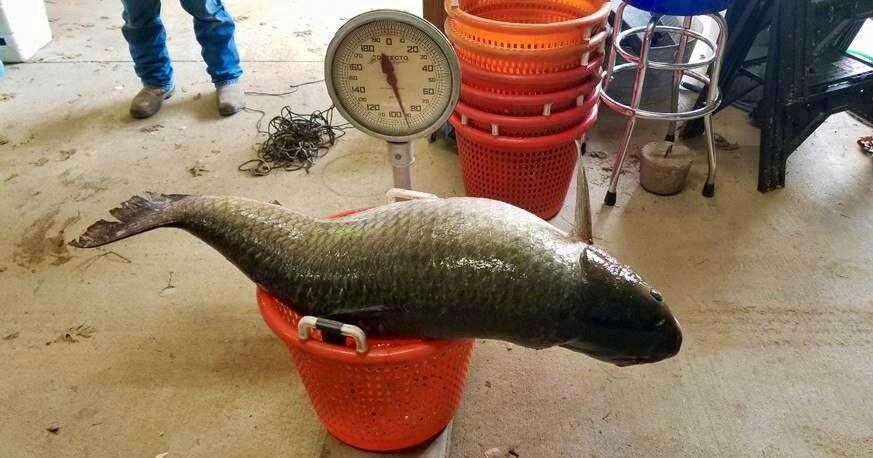:quality(75)/cloudfront-us-east-1.images.arcpublishing.com/elcomercio/B4O7J6FR6RD6JE2I66X4JNPQ3E.jpg)
Hyundai’s New Investment in Electric Vehicles: A Quest for Growth in a Changing Market
Hyundai, a leading South Korean automaker, has recently announced a significant investment of over $50 billion in the country by 2026. The majority of this investment will be directed towards advancing the development and production of electric vehicles. Despite being the third largest automotive group globally in terms of sales, Hyundai and its subsidiary Kia have been lagging behind competitors like Tesla and BYD in the electric vehicle sector. In response to this, the company has set a target of producing 3.6 million electric models by 2030.
With this new investment, Hyundai is looking to secure future growth opportunities in a changing business environment through innovation. A major portion of the investment, around 63%, will be allocated to the automotive sector, including future mobility products. The plan involves creating 80,000 new jobs in South Korea and building three new electric vehicle factories to increase domestic production to 1.51 million units by 2030. Additionally, the group’s electrification strategy includes investments in infrastructure, battery technology, software, and autonomous driving.
Hyundai’s focus on electric vehicles is not limited to just cars; it is also exploring potential applications for its technology in other sectors such as energy storage and renewable energy solutions. With a commitment to innovation and sustainability, Hyundai is striving to make a mark in the rapidly evolving electric vehicle market.
The company has also expanded its range of “all-electric SUV vehicles,” which prioritize savings, noise reduction, and environmental sustainability. For instance, Kia EV6 and EV9 are designed with an emphasis on eco-friendliness while still providing drivers with all-wheel drive capabilities and advanced safety features like lane departure warning systems and automatic emergency braking systems (AEBS). With these features combined with its focus on sustainability initiatives like recycling programs and zero-emission facilities at its manufacturing plants, Hyundai is making strides towards becoming one of the leaders in sustainable transportation solutions.

